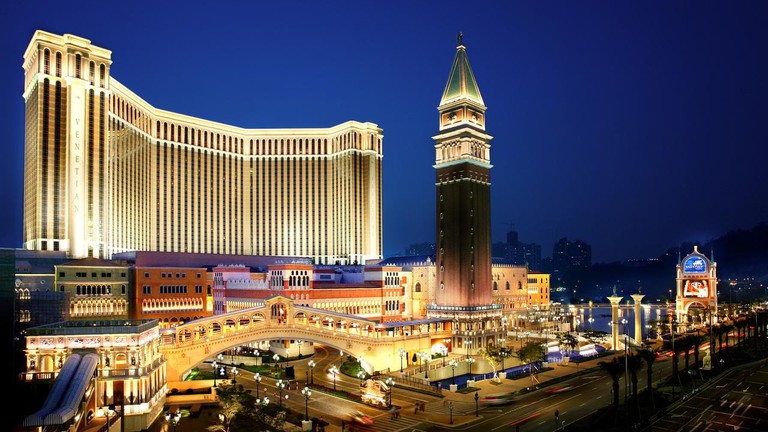The initial bid for a Macau casino license submitted by Las Vegas Sands’ former partner contained a proposal for a bank and went beyond what was desired in the tender, a witness told a court on Wednesday.
Carlos Lobo, a former advisor to Macau’s gaming commission during the concession tender process, was speaking on the third day of a multi-billion dollar trial between Taiwanese businessman Marshall Hao’s Asian American Entertainment Co. (AAEC) and Las Vegas Sands.
Hao was present in the court room during the testimony. He is seeking damages of as much as $12.1 billion from the U.S. operator for alleged breach of contract. Sands ended its partnership with AAEC and went on to successfully bid with Galaxy Entertainment.
Speaking to the court, Lobo stated that AAEC was an experienced company in the finance sector, but did not have experience in tourism or casinos.
According to broadcaster TDM, a proposal by the company to also develop a bank, one of its proposed commitments in exchange for a gaming concession, caused the gaming commission concern given that it “did not want to mix financial institutions with gaming due to concerns over money laundering.”
The broadcaster also noted that the lawyers representing AAEC attempted to prevent Lobo from testifying, alleging a conflict of interest.
Hao’s legal team pointed in particular to Lobo’s experience as a legal advisor for the Venetian as well as being a trainee lawyer in the firm which defended Las Vegas Sands.
The judges ruled that, since Lobo’s testimony would only focus on facts that occurred before he held those positions, the obligation of confidentiality did not apply and allowed him to take the stand.
Lobo was also questioned on Asian American’s initial contract with Las Vegas Sands, describing the initial proposal given by the companies as “fantastic for Macau”.
The court also returned to the debate over exactly when the partnership between the two companies was terminated.
Marshall Hao’s lawyers claim that negotiations between Las Vegas Sands and Galaxy took place while the partnership between LVS and AAEC was still in effect, the motive behind a demand for compensation.
AAEC’s defence insist that the two companies had an agreement lasting until February 1st of 2002, when the gaming commission was notified of the cessation.
However Lobo testified that the agreement had ended on January 15th, assuring that the agreement’s termination had been documented and even included in the gaming commission’s report, a document which served as the basis for the attribution of Macau’s gaming concessions.
Lobo also stated he was unaware of a relationship between Las Vegas Sands and AAEC between mid-January and February.
Of particular note was an exchange of words in the courtroom leading to the revelation that the lawyer defending AAEC, Jorge Menezes, was also a co-author of the gaming commission’s report, one of the primary documents being evaluated in the case.
Carlos Lobo will return to the stand on July 1st, another former advisor to the gaming commission has been called on to testify the same day.











